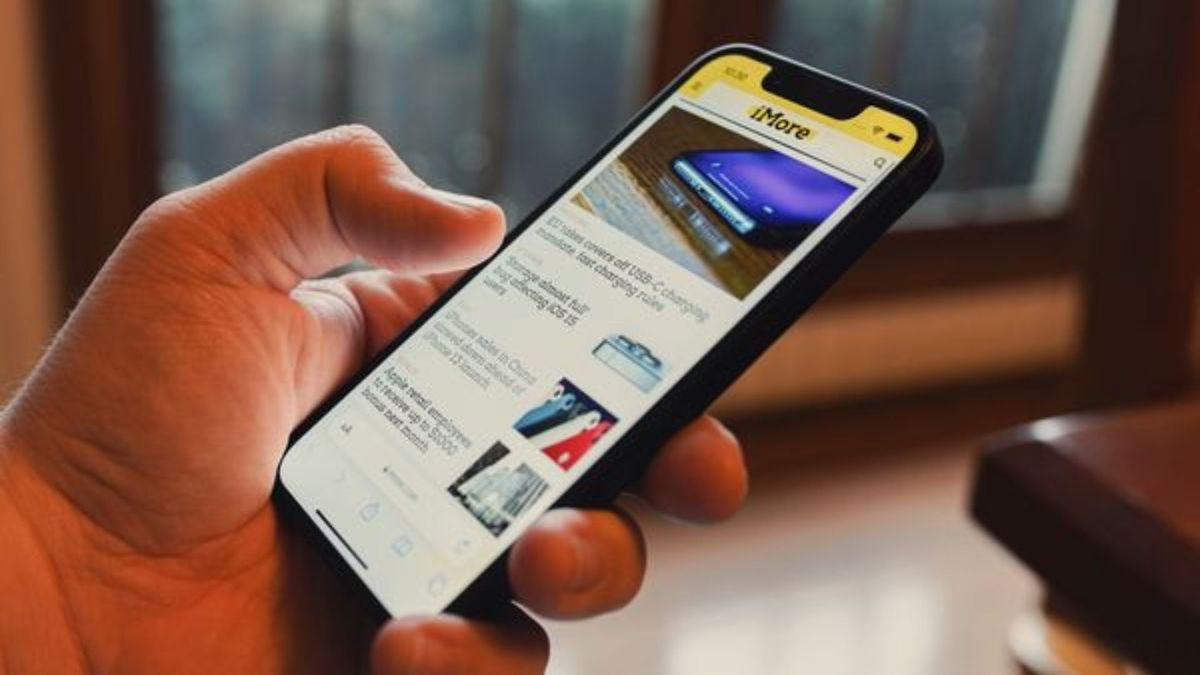View on
What you need to know
- Google is targeting iPhone users and wants them to switch from Safari to Chrome as their default browser.
- Apple has highlighted two major privacy concerns through an advertisement in Google Chrome to discourage users from switching.
- Google responded to Apple’s allegations by reiterating that the company is committed to keeping users’ data safe and giving them control over their privacy and security when using Chrome.
Despite the European Commission’s intervention through the Digital Markets Act (DMA) to prevent unfair commercial practices, the browser wars continue in 2024. The latest episode pits Apple against Google, with the former taking a deadly swipe at Google Chrome’s tracking cookies and pitching Safari as “a browser that’s actually private.”
As you may know, Apple was among the companies listed by the EU as gatekeepers under the DMA. The Commission designated Apple’s iOS mobile operating system, Safari browser and App Store services as gatekeeper services under the DMA. This led to strict regulations to promote fair business practices for other competitors in the same landscape, including making the listed services interoperable.
The vast majority of iPhone owners use either Safari or Google Chrome as their default browser. According to a report from The Information, 30% of iPhone users have Google Chrome set as their default browser. However, Google wants 50% of iPhone users to use Chrome as their default browser. This would mean an additional 300 million users switching to Chrome.
If Google’s goal is achieved, it could negatively impact the usage of Apple’s Safari browser, potentially reducing the service’s revenue. Apple isn’t taking this lightly, however. As part of its broader plan to keep iPhone users “glued” to Safari, Apple has highlighted two critical shortcomings that users may encounter when using Google Chrome as their default browser:
- Chrome’s hunger for tracking cookies: You’ve seen them all over the internet: those pop-ups asking if you’d like to accept third-party cookies. As soon as you open Chrome’s privacy settings, you’ll probably be surprised to see the thousands of sites tracking your location across the web. Worse yet, they’re set to stick around until 2025, according to Google’s Privacy Sandbox report.
- Incognito mode is not private: This is one of the few distinct features of Chrome where the Mountain View company has said it cares about privacy, but its actions are a little different. Google, for example, promises security in its Incognito mode, only to admit that its Privacy Shield isn’t really private in a $5 billion class-action lawsuit .
Our sister site, Tom’s Guide, reached out to Google about Apple’s claims and received the following statement from a spokesperson:
“Chrome was built with the goal of keeping your data safe by default and ensuring that users have control over when and how their data is used in Chrome to personalize their web browsing experience. We believe users should always be in control, so we built easy-to-use privacy and security settings right into Chrome.”
According to the statement highlighted above, Google neither confirms nor denies Apple’s privacy-related claims. It speaks only to its goal of “keeping your data safe” and giving users control over their privacy and security settings.
Analysis: Market share is not child’s play

Browser wars continue to be a hot topic in community forums. Mozilla criticized Microsoft last year for using malicious and deceptive designs to keep Edge on Windows devices in the driver’s seat against third-party browsers.
Opera recently expressed similar sentiments, with the EU Court of Justice overturning the European Commission’s decision not to designate Microsoft Edge as a gatekeeper under the Digital Markets Act. Microsoft Edge was initially selected as the gatekeeper service, but Microsoft argued that it did not meet the threshold. After an investigation, the EU Commission determined that it was not dominant in the digital markets, exempting it from regulation under the DMA.
In the same breath, Microsoft CEO Satya Nadella indicated that Google isn’t being fair to Bing in the search engine landscape. Nadella admitted that Google’s deal with Apple put Bing at a competitive disadvantage and that he was willing to part with up to $15 billion annually to secure the deal with Apple, saying it would be a game-changer for the company.
Despite Apple’s fight with Google, the outcome will only be influenced by user preferences and priorities regarding privacy and security. Safari’s browser usage on iOS could take a subtle hit.
